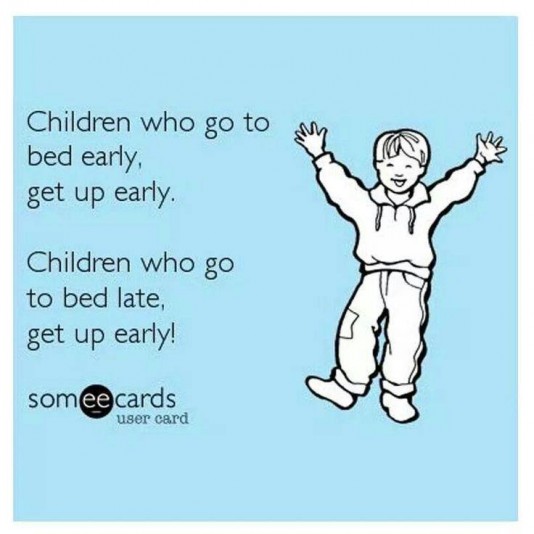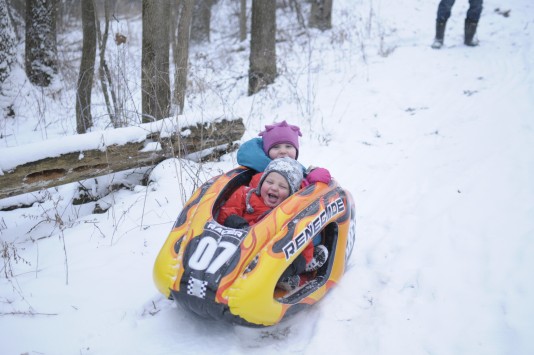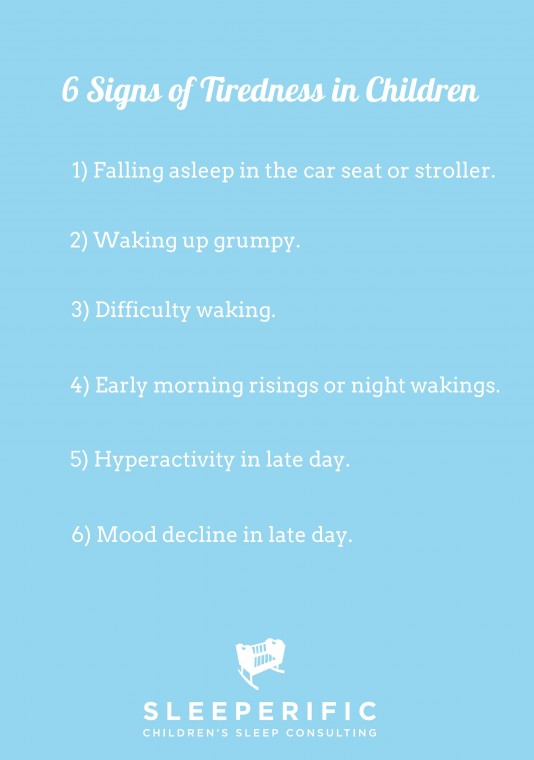
This is easily one of parent’s biggest pain points about sleep. The early morning riser. The kid who is up at the crack of ridiculous and is eager to take on the day. All you’re eager for at 5AM is to finish your dream sequence where you went to the grocery store and bathroom alone.
Why is my kid waking so darned early?

Let’s qualify early. Babies and children (up until adolescence) are predisposed to wake early. 5:30AM and 7AM are biologically normal and appropriate times of day for babies and children to wake. This means those little bodies could be perfectly well rested and ready to go. Generally speaking, kiddos who are up before 5:30AM are waking TOO early.
Why are early mornings so common?
There are aspects of sleep that we, the parents, can easily control. We can give kids awesome environments, appropriate bedtime, great routines and generally set them up to be successful with their sleep. But we lose a bit of the control after that… when a child wakes is simply an aspect of sleep we don’t get to decide.
If my baby wakes in the early morning, why can’t we all go back to sleep?
Going back to sleep after an early morning waking (anything after 4AM) is hard! We’re designed to sleep well at night because of our underlying circadian rhythms. But those start to lift as early as 4AM. Meaning the biological drive to wake becomes stronger than the biological drive to sleep. Even with an early morning waking, the majority of sleep needs for the night are starting to be met. Perhaps you’re in a region where the sun starts sneaking up very early. All of those factors mean a big fat chance for you or your child to go back to sleep in the early mornings.
So why is my kiddo waking so early?
Some primary reasons for early morning wakings that I see:
Lack of sleep skills: The child is put to bed asleep or quite drowsy at nights and possibly for naps. They have never really practiced or strengthened their independent sleep skills. When that child wakes in the early morning, they don’t have the sleep skills to put themselves back to sleep.
Over tiredness: Too late bedtimes, disruptive night wakings or missed naps will cause early morning risings. What? Stay with me. Overtiredness actually is a cause for early risings. Kids who are overtired have a MORE difficult time going to sleep and staying asleep. When an overtired child wakes, it’s their overtiredness that makes it hard to for them to go back to sleep. Remember that this isn’t logical, this is biological.
Triggers: Sunlight, neighbours going off to work, coffee maker presets, alarm clocks, furnaces starting up – look for the triggers and do what you can to mitigate them by optimizing your child’s sleep environment.
Validation: Early morning feedings, screen time (television, tablets, computers), crawling into bed with Mama or Dad. These are just examples, but if you think there’s some incentive system which might be in place for you kiddo to be waking early, consider a change up to your morning routine.
It’s a habit: They’ve been doing this for a long time and are accustomed to an early start to their day. The longer these early risings are habits, the more difficult they are to change.
How to make the swing back to later mornings?
Understand if it’s a reasonable early (your child is waking well rested) or if your child is waking because of one of the reasons above. Consider a behavioural clock for older toddlers or preschoolers. From there, continue to be kind and firm, while exercising plenty of patience and consistency. Extending mornings IS possible when you’ve addressed all the right factors.


 How Winter Affects Our Sleep
How Winter Affects Our Sleep
